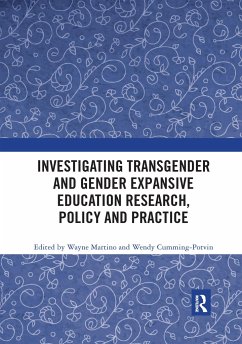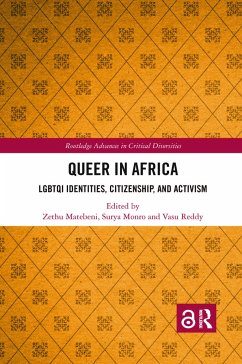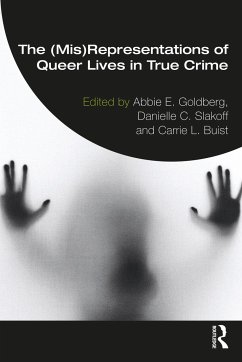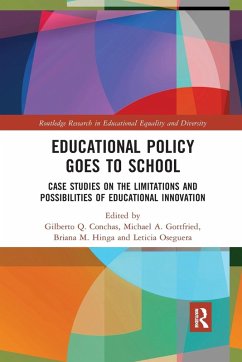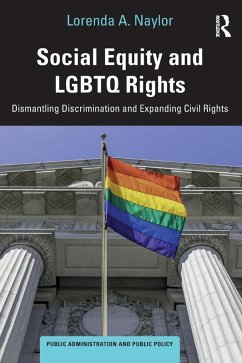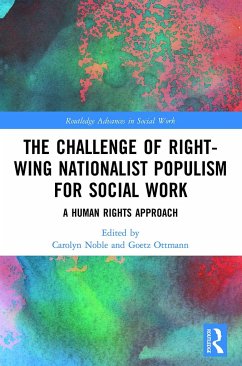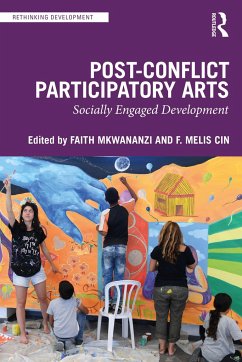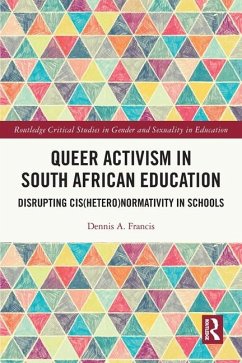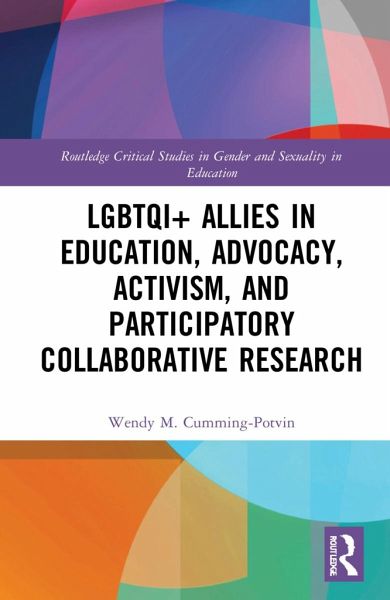
LGBTQI+ Allies in Education, Advocacy, Activism, and Participatory Collaborative Research
Versandkostenfrei!
Versandfertig in 6-10 Tagen
154,99 €
inkl. MwSt.
Weitere Ausgaben:

PAYBACK Punkte
77 °P sammeln!
This topical book explores the ally perspective in advocating for Lesbian, Gay, Bi-sexual, Transgender, Queer and Inter-sex (LGBTQI+) human rights across American, Canadian, and Australian educational contexts.This book aims to clarify the terms and dynamics of mobilizing heterosexual and cisgender privilege in the interests of promoting safe, welcoming and inclusive educational communities for all stake holders, particularly those students who self- identify as LGBTQI+. By highlighting concrete examples of allies engaged in participatory collaborative research, and by investigating the histor...
This topical book explores the ally perspective in advocating for Lesbian, Gay, Bi-sexual, Transgender, Queer and Inter-sex (LGBTQI+) human rights across American, Canadian, and Australian educational contexts.
This book aims to clarify the terms and dynamics of mobilizing heterosexual and cisgender privilege in the interests of promoting safe, welcoming and inclusive educational communities for all stake holders, particularly those students who self- identify as LGBTQI+. By highlighting concrete examples of allies engaged in participatory collaborative research, and by investigating the historical and theoretical dimensions of ally work more generally, this volume presents a comprehensive research account of allies' role in education, advocacy and activism.
This book will benefit researchers, academics, and educators in higher education with an interest in gender and sexuality, the sociology of education and schools and schooling more broadly. Those specifically interested in gender studies, as well as the politics of higher education, will also benefit from this book.
This book aims to clarify the terms and dynamics of mobilizing heterosexual and cisgender privilege in the interests of promoting safe, welcoming and inclusive educational communities for all stake holders, particularly those students who self- identify as LGBTQI+. By highlighting concrete examples of allies engaged in participatory collaborative research, and by investigating the historical and theoretical dimensions of ally work more generally, this volume presents a comprehensive research account of allies' role in education, advocacy and activism.
This book will benefit researchers, academics, and educators in higher education with an interest in gender and sexuality, the sociology of education and schools and schooling more broadly. Those specifically interested in gender studies, as well as the politics of higher education, will also benefit from this book.




